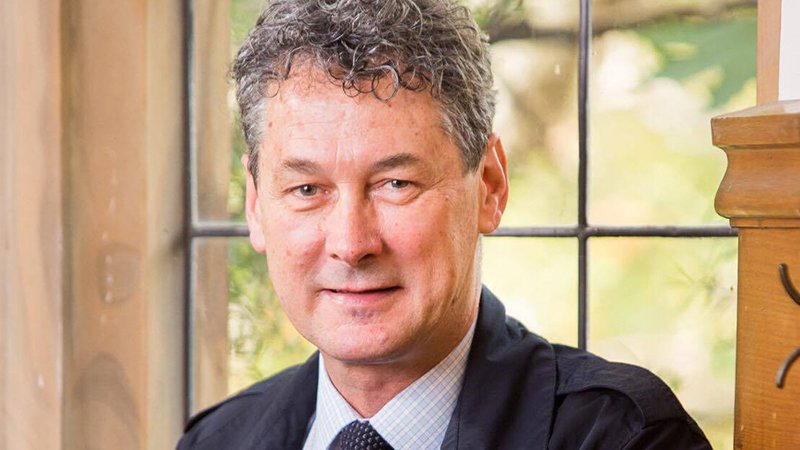Social Outcomes Conference 2023

The Social Outcomes Conference 2023 (SOC23) will take place on 14-15 September online & in-person at the Blavatnik School of Government, Oxford.
A bridge between scholars and practitioners
The Social Outcomes Conference is the annual convening of the world's leading researchers, policymakers and practitioners working to improve social outcomes. The conference will feature discussions on the latest thinking and findings from academic research alongside insights from the emerging practice across different geographies, disciplines and policy areas.
We value diversity and inclusion and are committed to creating a conference where the rich intersection of different voices and backgrounds are prioritised. We encourage involvement from individuals and organisations representing a range of backgrounds spanning ethnic, cultural, geographical, age, and income differences.
Hybrid conference
We will host the conference in hybrid mode. We will stream all the conference sessions online (Zoom), as well as offering in-person places for those who wish to attend at the Blavatnik School of Government in Oxford. If you want to join us online (free to join), simply register on the Eventbrite page and we will send you the join-in instructions a few days before the conference. If you wish to attend in person, you will need to purchase a ticket. You can book your in-person ticket here.
Take a look at our delegate pack
SOC23's key question
Working together better: how can cross-sector partnerships help to address the multi-dimensional crisis facing societies world-wide?
The SOC23 Vision:
Around the world, societies are facing a multidimensional crisis: the aftermath of a global pandemic; continued racial, gender, and social inequalities; increasing wealth gaps; global warming; and the refugee crisis. Cross-sector collaboration is vital for responding to this crisis. At SOC23 we will address these cross-cutting issues as we draw together changemakers, practitioners, and thought-leaders. Join us as we gather around the pursuit of better social outcomes for a better world.
At the conference, we will discuss how new forms of partnership and collaboration can help sectors work together to tackle grand challenges. Why are relationships and trust important? Who has power and who needs it? What innovative new models of partnership are available, and do they support the broader systems change we need? How do we agree what better outcomes look like?
Our ambition is for a vibrant exchange between researchers and practitioners to enhance both research and implementation. Central to this ambition is our commitment to enabling and inspiring more ‘engaged research’ across the field. If you would like to know more about the Social Outcomes Conference, take a look at last year’s summary here.
Each year we seek to build on what has been discussed at the previous year’s conference, driving forward the conversation on the use of outcomes and engaging with the latest work.
Conference themes
The importance of relationships and trust in cross-sector partnerships took centre stage in many conversations at SOC22. The topic has wide implications for practice, research, implementation, details of contracting, and more. Acknowledgement of the significance of trust and relationships is often overlooked. And even when acknowledged, anything short of best practice can too often risk devastating consequences for outcomes, contracts, partnerships and more.
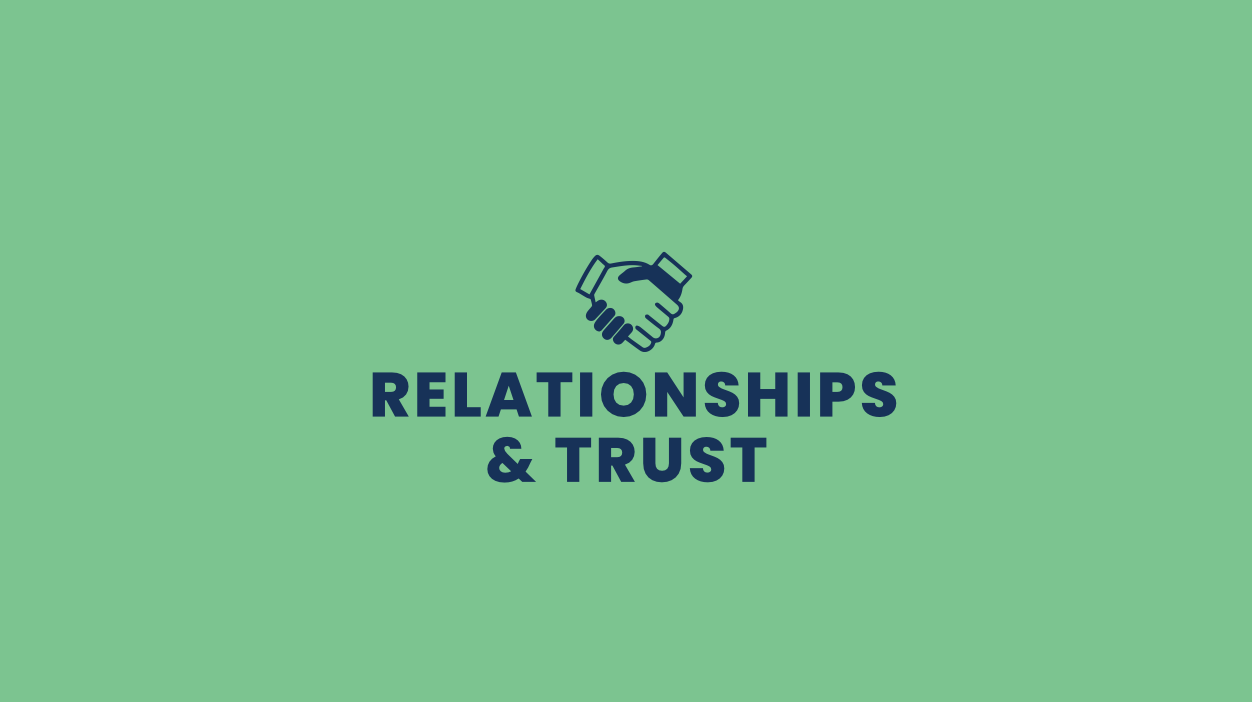
In this theme we wish to create a space to hear from alternative voices and perspectives – that may disrupt assumptions and bring fresh views. As diversity and inclusion continue to be crucial areas for improvement, how do we bring these into the space of outcomes contracting? At last year’s conference questions arose around: the need for more user voice; the importance of recognising different global contexts (such as in lower income countries); and the challenges of navigating the local voice vs the national voice. Hearing fresh voices is key for driving forward best theory and practice. This theme aims to ‘disrupt’ a hegemonic view, instead continuing to seek insights from a wider range of voices. We will seek to hear from different practice backgrounds, distinct leadership voices, and different national, regional, social, academic, and professional contexts.
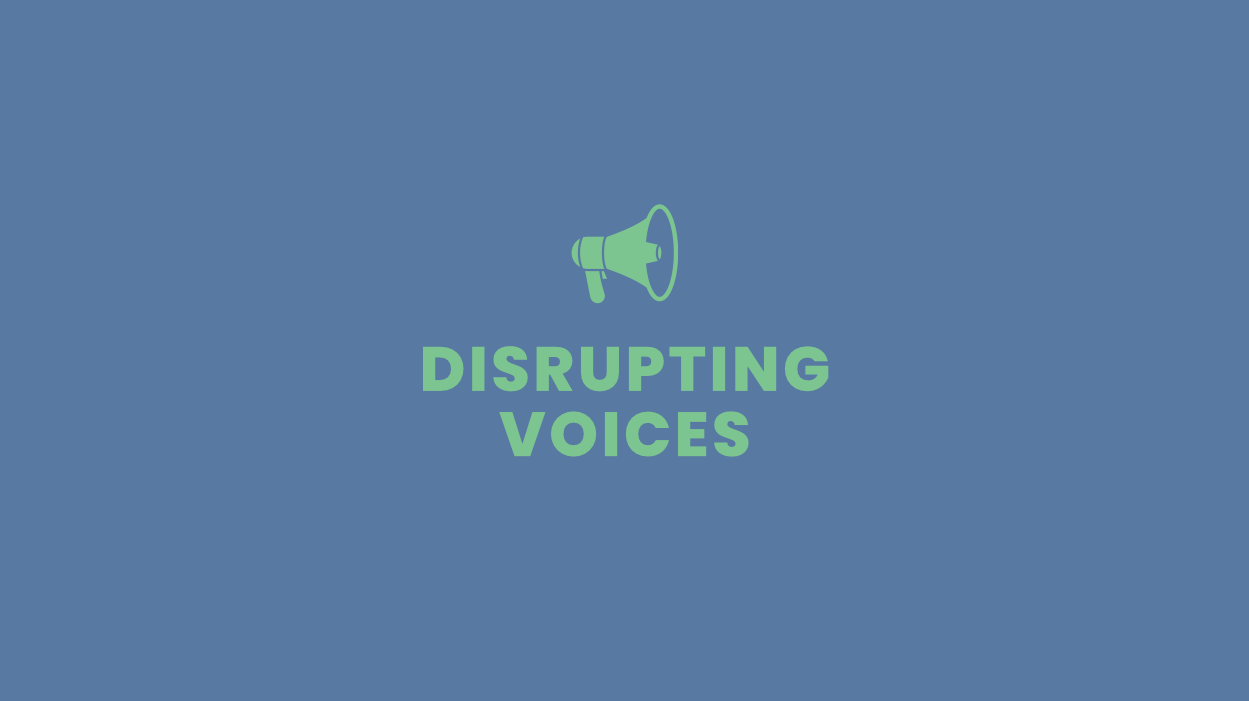
Following last year’s keynote talk, by Julie Battilana, on power, we saw subsequent sessions energised by this theme. It showed just how salient ‘power’ is as an area of focus across the academic and practice worlds with regards to outcomes. Ethical issues and power dynamics are perennial issues in society, and underlie all efforts to improve social outcomes. So, how do we relate outcomes-based partnerships to issues of power? This theme is ideal for all who are thinking about contracting for a ‘better’ world. This is also the space for those thinking about specific social issues such as inequalities, the environment, and health disparities, or for those thinking about the implications of power or ethics in their outcomes work.
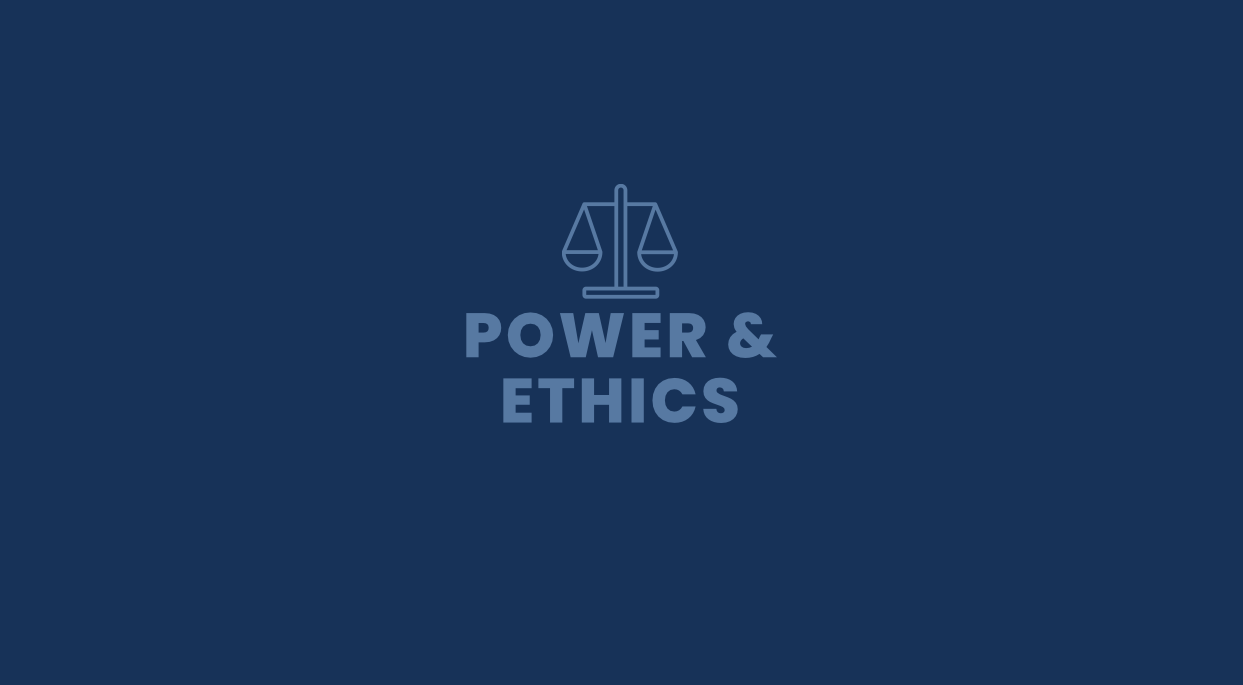
This theme seeks to explore long-term systems change and how it might be brought about and maintained. Many entrepreneurial organisations worldwide are attempting to forge new forms of cross-sector partnership as a way to influence the different players in a system to work in more effective ways. But there is not yet a clear consensus as to how to make these new ways of working stick. Many partnerships are governed by contracts that are time-limited. We may feel an outcome-based partnership (such as an impact bond) is having an impact on the system, but how can we tell, and how long does the effect last?
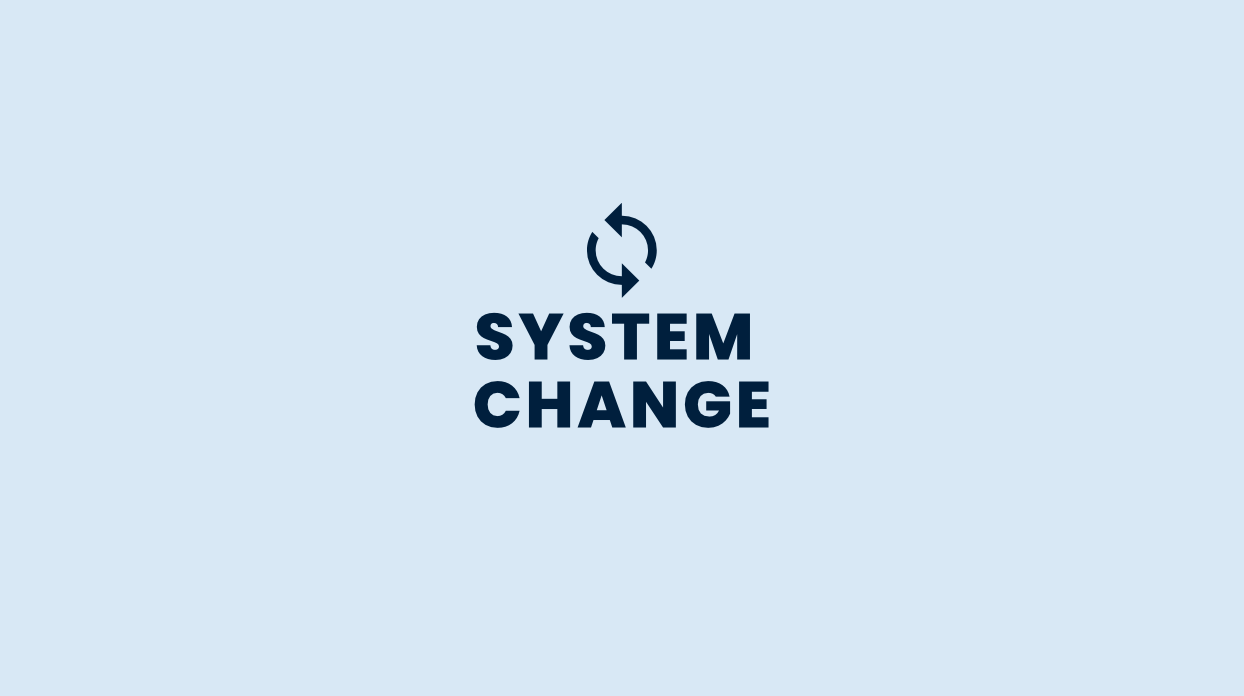
This theme captures much of the heart of the conference. The Social Outcomes Conference has been a place where, each year, we build forward from insights gained in previous conferences. The conference is a place of continued learning and of building on what has gone before to keep doing something new and improved. In this vein, our ‘innovations’ theme is an opportunity to hear about: best practice – how practice has been improved and built on; new ideas – fresh work in the field and the academic sphere; new experiments - the nitty-gritty details of how stakeholders are taking outcomes work in new directions. We are keen to hear about innovations, examples of building on the traditional foundations to create something fresh, and experiments or case studies that have yet to be studied in detail.
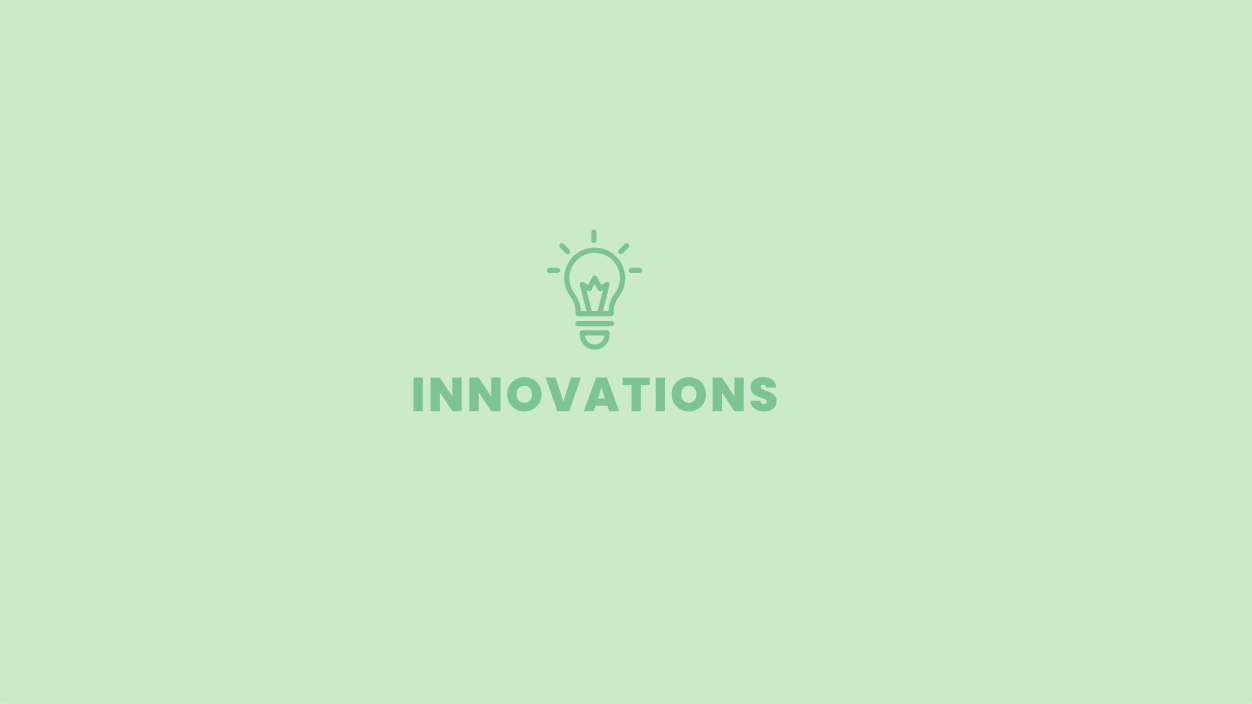
This year's Keynote Speaker
We are delighted to announce that Professor Mark Considine will deliver the Social Outcomes Conference 2023 keynote speech on Thursday 14 September.
Professor Mark Considine is one of Australia’s most renowned political scientists. Considine is Redmond Barry Distinguished Professor of Political Science at the University of Melbourne. He is best known for prize-winning research on public sector reform, new methods of governance and the street-level delivery of public programs. He has pioneered work on the long-run institutional impacts of different service delivery regimes. Considine has also had a significant career in leadership roles within higher education and as a contributor to policy innovation inside government and in civil society organisations. Considine's most recent book, The Careless State: Reforming Australia’s Social Services, offers a power statement on how to respond to failing social services.
With expertise spanning the academic realm and significant applied work in politics and policy, Considine's experience resonates with the heart of the Social Outcomes Conference: bringing together the best of both research and practice. His pioneering approaches to the world of social outcomes ensures that this will be a Keynote Speech not to be missed!
